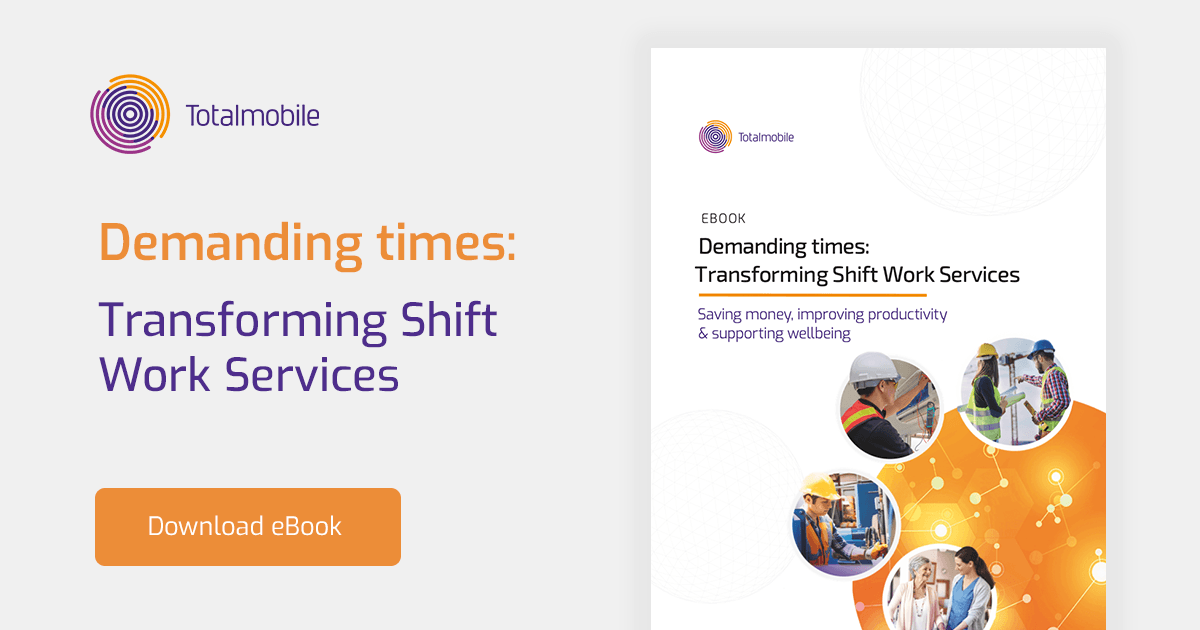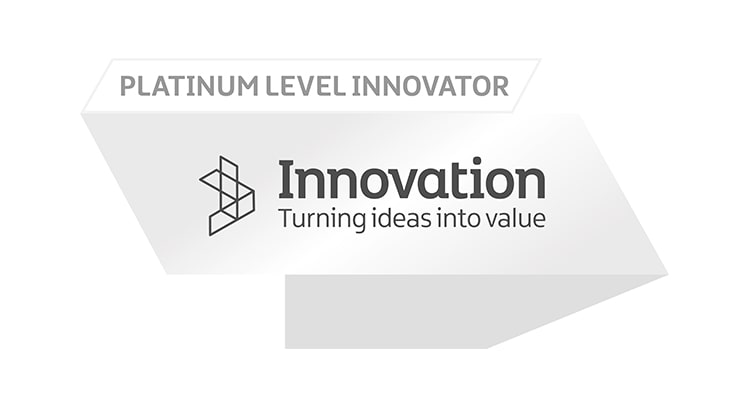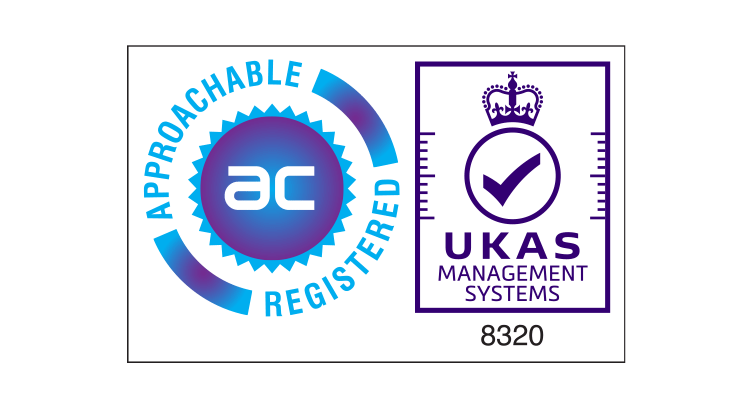Field service management is becoming more sophisticated and complex, but how are you differentiating your offering? The bar is rising thanks to complex market, customer, and internal factors. You may be finding it harder and harder to differentiate as an organisation.
Understanding Differentiation
It’s impossible to predict the future, and time travel is probably not happening, at least in the 2020s. Understanding a handful of key concepts is all the time travel we need. After all, new thinking today alters the future. Operationalising innovation offers far more agility, and being agile in this market will safeguard a competitive edge. The concepts below foster an environment where innovation is not a frantic sprint to the “finish line”. Instead, it’s a more comfortable and steady pace, just like a marathon.


One: Company Cohesion

Two: Strength of Customer Relationships

Three: Digital Excellence.

Four: Developing & Retaining Top Talent









